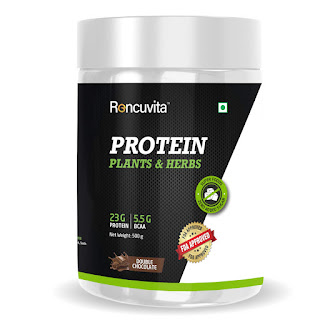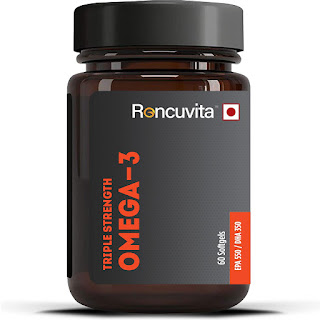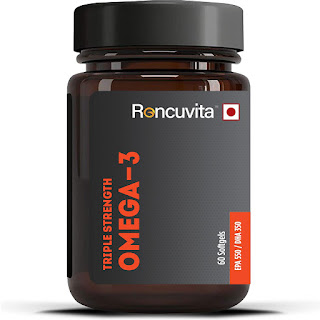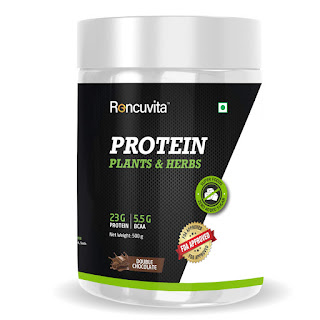Flaxseeds are high in omega 3 fatty acid, which is good for your heart, but the amount of omega 6 fatty acids (found in most vegetable oils) can actually cause inflammation. So, if you're using flaxseeds for cooking or baking, make sure to reduce the amount of vegetable oil in order to keep a healthy ratio.
What is Omega 3?
Omega
3 is a type of fatty acid that is found in the cell membranes of the body. The
omega 3 fatty acids found in food are called long-chain polyunsaturated fatty
acids (LCPUFA). These fatty acids are essential nutrients because they cannot
be synthesized by the human body and must be eaten. Flaxseeds are an ideal
place to get these nutrients because they contain high amounts of omega 3, which can be
consumed through ground seeds or oil.
What it does in your body
Flaxseed
is an excellent source of omega 3 fatty acids,
which are essential nutrients that support healthy cell growth. Omega 3 also
supports heart health, cognitive function, immune system function, and
inflammation. How it helps your heart. A number of studies have shown that
flaxseed can reduce inflammation in the body, which potentially leads to
improved blood flow and reduced heart disease risk. How it helps your brain.
Flaxseed contains lignans, which have been shown to protect neurons in the
brain. How it helps your belly. Flaxseed has been shown to help reduce the risk
of heart disease and diabetes.
How Much of Omega 3
is in Flaxseed?
Omega-3s
are a fat that is found in the cells of our body, along with omega-6 and omega-9. When we
consume food that contains omega-3s, it is then provided to our body's cells
for use as needed. Omega-3s can be found in certain types of seafood as well as
plant sources such as flaxseed. While flaxseed is a great source of omega-3, the
amount that one can find in each portion of flaxseed is small as compared to
other fish (such as salmon, mackerel, tuna, and halibut).
Benefits of Omega 3
Fish Oil
Omega-3
fish oil is a loaded nutrient that some experts credit with providing
protection from heart disease, cancer, and other diseases. It also helps keep
the body healthy by reducing inflammation. Researchers have found that supplements of omega-3 fatty
acids can help prevent or stop blood clotting, reduce the risk of strokes and
heart attacks, slow the progression of macular degeneration, and even help
control the symptoms of autoimmune disorders such as arthritis.
When Should You
Take Omega 3?
Omega
3 is a healthy supplement, but when it comes to taking supplements, you need to
consider your lifestyle and the amount of omega-3 you already consume in your
diet. If a person's intake of omega 3 is high, then they don't need to take
more.
Conclusion











